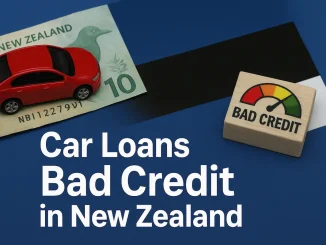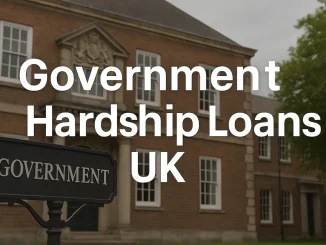Looking for loans for bad credit in the UK? Even with a low credit score, many lenders now offer online personal loans from £1,000 to £25,000 with fixed interest rates and flexible repayment terms.
Compare loan providers, check the latest APR offers, and apply online in minutes – no lengthy paperwork required.
| 200 Pound Loan |
| No Credit Check Loans |
| Government Hardship Loans UK |
What Is a Low Credit Rating and Why Does It Matter?
A low credit rating usually means you have a history of late payments, high debt utilization, or other negative marks on your credit report. Lenders see this as a risk because it suggests you might struggle to repay borrowed money.
Typical credit score ranges in the UK:
Excellent: 800+
Good: 700–799
Fair: 600–699
Poor: Below 600
When your score falls into the “Poor” range, banks are less likely to approve your loan applications.
Common Reasons for a Low Credit Rating
Late or missed payments on loans or credit cards
Maxed-out credit cards leading to high debt utilization
Defaults or County Court Judgments (CCJs) on your file
Limited credit history, common among young people or new residents
Understanding why your score is low is the first step to finding the right credit solution.
Why Traditional Loans Are Hard to Get with Low Credit
Banks typically use risk-based lending. A low score signals higher risk, leading to:
Loan rejections
Higher interest rates
Lower borrowing limits
This is why many people turn to alternative credit options when traditional banks say no.
Alternative Ways to Access Credit
Here are the most common alternative credit options for people with a low credit rating:
1. Guarantor Loans
A guarantor loan requires a family member or friend with good credit to co-sign the loan.
Pros: Higher approval chances, lower interest rates.
Cons: Guarantor takes financial responsibility if you fail to pay.
2. Secured Loans
Also known as homeowner loans, these require collateral like a car or property.
Pros: Easier approval, larger loan amounts.
Cons: Risk of losing the asset if you default.
3. Credit Unions
Credit unions are non-profit organizations offering affordable loans.
Pros: Lower interest rates, community-focused.
Cons: Limited to members only.
4. Peer-to-Peer Lending (P2P)
P2P platforms connect borrowers directly with investors.
Pros: Competitive rates, flexible terms.
Cons: Less regulated than banks.
5. Payday Loans (Caution!)
Short-term, small loans that must be repaid quickly.
Pros: Instant approval.
Cons: Very high interest rates; use only in emergencies.
6. Community Lenders and Microfinance
Local organizations sometimes provide small loans to help residents in need.
7. Government Hardship Loans UK for Individuals & Families
Online Lenders and Fintech Solutions
Fintech companies are changing the lending landscape:
Fast approvals with minimal paperwork
Flexible credit checks
Mobile apps for loan tracking and payment reminders
Examples include digital banks offering personal loans with transparent terms.
Credit-Building Cards and Alternative Financial Products
If you want to rebuild your credit while borrowing, consider:
Credit-builder cards with low limits and higher interest rates
Prepaid cards that report positive payment behavior to credit agencies
How to Improve Your Credit Rating While Borrowing
Make payments on time every month.
Check your credit report for errors and dispute inaccuracies.
Keep credit utilization below 30% of your total limit.
Avoid multiple loan applications in a short period.
Risks and Things to Watch Out For
High APRs: Some alternative lenders charge up to 1,000% APR for payday loans.
Scams: Always ensure the lender is FCA-regulated in the UK.
Debt traps: Borrow only what you can repay comfortably.
FAQ: Accessing Credit with a Low Credit Rating
1. Can I really get credit with bad credit history? Yes, via guarantor loans, secured loans, or credit unions.
2. Are online lenders safe? Stick to FCA-regulated platforms for security.
3. What is the fastest way to get approved? Peer-to-peer lending and some fintech lenders offer same-day approval.
4. How long does it take to improve credit? Usually 6–12 months of consistent on-time payments show results.
Conclusion: Choosing the Right Alternative
Even with a low credit rating, there are alternative ways to access credit safely. The key is to compare options, read terms carefully, and choose the one that fits your financial situation best.


